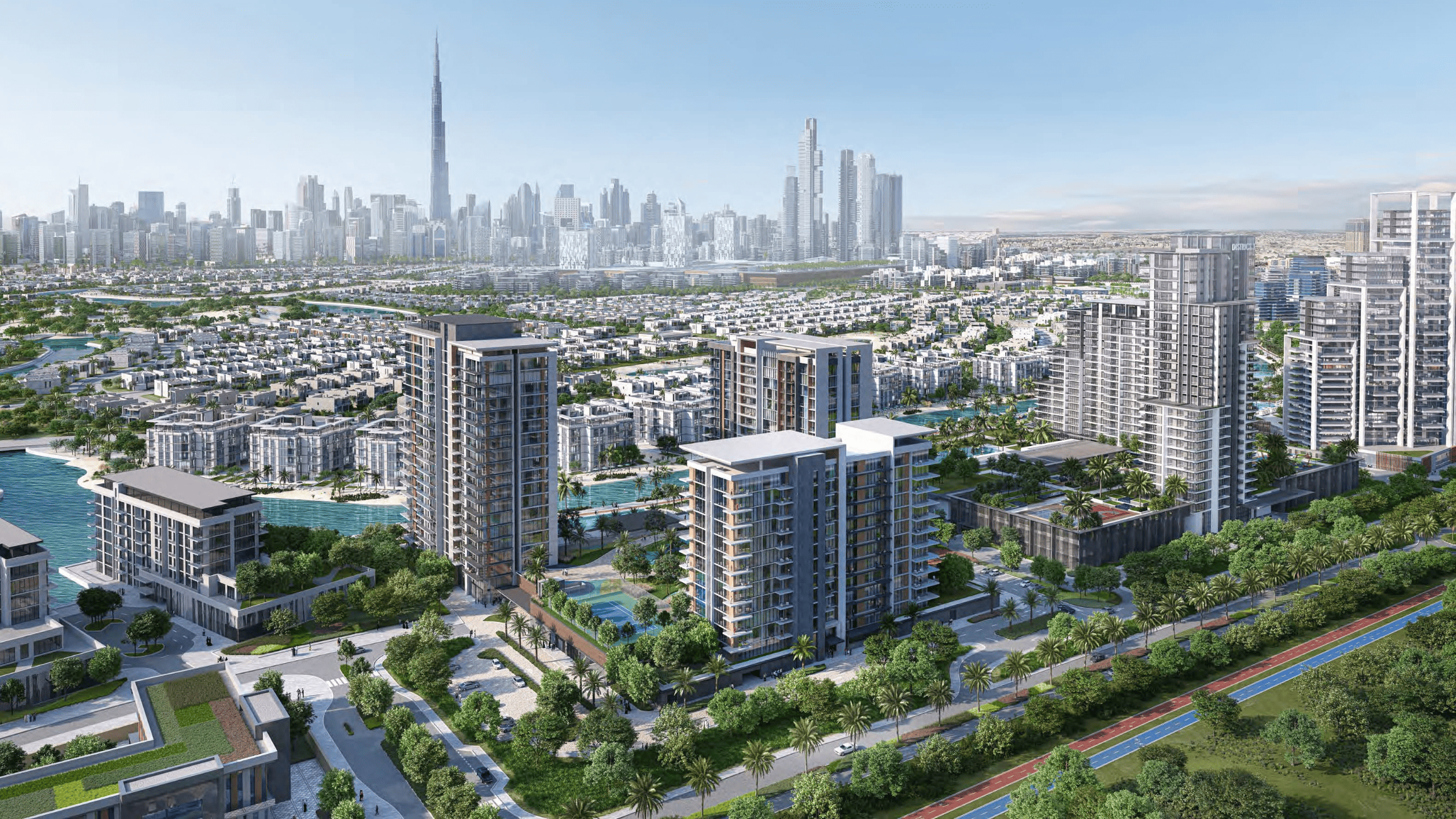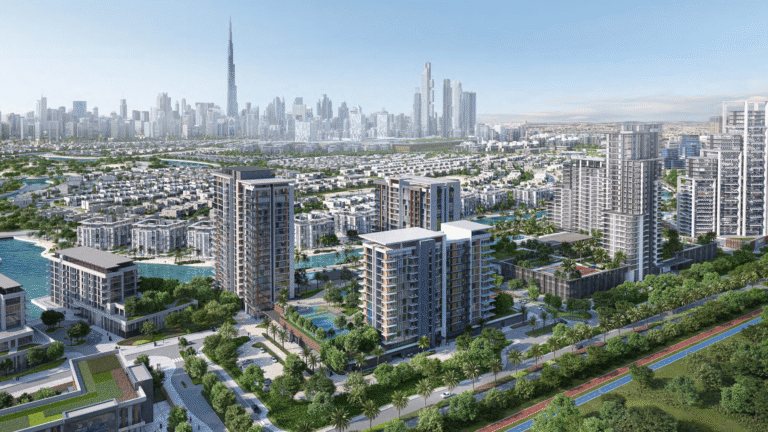AI’s Massive Economic Potential
Artificial Intelligence (AI) is going to be a big game changer in the global economy, and much of the value potential is up for grabs. According to industry studies, that AI could contribute up to $15.7 trillion to the global economy in 2030, more than the current output of China and India combined. Of this, $6.6 trillion is likely to come from increased productivity and $9.1 trillion is likely to come from benefits to consumers.
the UAE is expected to see the largest impact of close to 14% of 2030 GDP. The annual growth in the contribution of AI is expected to range between 20-34% per year across the region

Dubai Universal Blueprint for Artificial Intelligence
The ‘Dubai Universal Blueprint for Artificial Intelligence’ is designed to accelerate the adoption of artificial intelligence (AI) applications. It seeks to achieve the targets of Dubai Economic Agenda D33 by contributing AED 100 billion annually to Dubai’s economy, increasing its productivity by 50 per cent through the implementation of innovative digital solutions.
Key Goals of the Blueprint
The plan serves as a roadmap for enhancing Dubai’s quality of life through AI by: incorporating AI across all strategic sectors providing the best environment for AI companies and global talent delivering superior government services through future technologies transforming Dubai into a global hub for AI governance and legislation

Over the past years, the UAE government has launched and executed multiple AI-driven strategies. The Smart Dubai Strategy aims to transform Dubai digitally and is based on four primary pillars:
- Personalized
- Seamless
- Safe
- Efficient
The United Arab Emirates (UAE) is at the forefront of utilising artificial intelligence (AI) to grow numerous sectors in today’s fast-paced world. AI integration has become a crucial aspect in driving the growth of many industries.
AI in Various Sectors of the UAE

Transportation:
- Dubai Autonomous Transportation Strategy that aims to transform about 25% of the total transportation in Dubai to autonomous mode by 2030. This would help reduce: Accidents by 12%, Carbon emissions by almost 12%, Transportation costs by around 44%.
Financial Services:
- Provide personalized banking by utilizing credit risk modelling
- Chatbots for personalized financial advice, automation, and fraud prevention.
Oil and Gas:
- Analyze seismic data to locate new drilling sites, automate maintenance, optimize supply chains, and automate repair of machinery.
- Forecast demand for gas, automate drilling equipment, and monitor pipelines.

Healthcare:
- Delivering telehealth services for online doctor consultations and automating administrative tasks
- It has helped radiologists locate anomalies and facilitate pre-diagnosis on the basis of prevalent symptoms in the patient.

Real Estate:
- The synergy of machine learning and artificial intelligence to assists with differentiating core opportunities from casual browsers but also delivers thorough information to assist real estate buyers in their decision-making process.
- VR experiences
Logistics and Transportation:
- Data-driven insights to streamline supply chain operations.
- Machine learning algorithms optimize router computer vision to improve warehouse functionality. AI-powered chatbots also facilitate order tracking and offer predictive analysis to improve the speed of delivery.

The United Arab Emirates (UAE) is embracing artificial intelligence as a core component in shaping its future economy and infrastructure. With initiatives like the Dubai Universal Blueprint for Artificial Intelligence and strategies across sectors like transportation, finance, healthcare, and real estate, Dubai is well on its way to becoming a global hub for AI governance and innovation. As AI continues to drive productivity and economic growth, Dubai’s proactive approach will not only enhance quality of life but also position the city as a leader in the global AI-driven economy.






